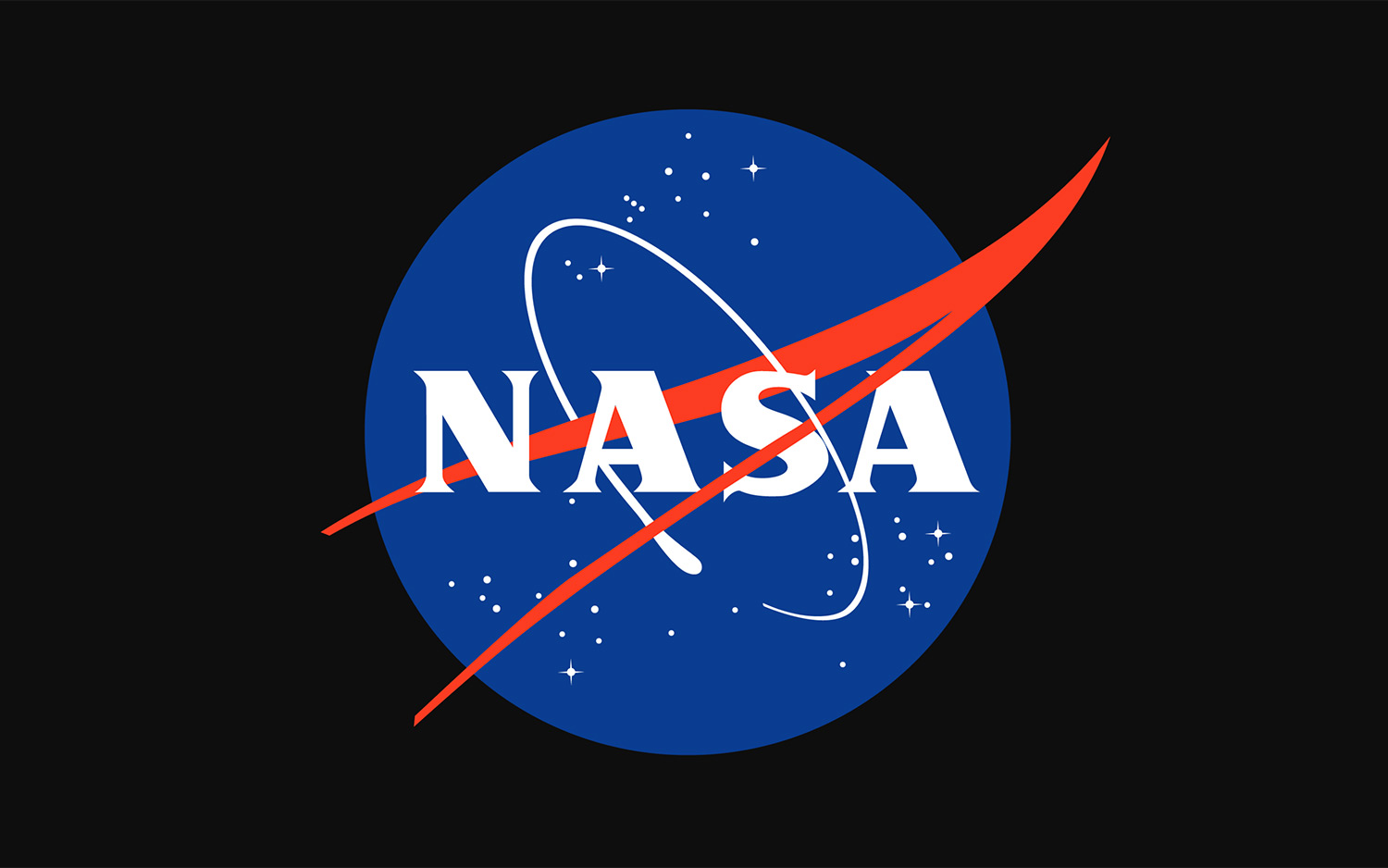NASA chief orders agency employees to work from home amid coronavirus pandemic

Like many of the rest of us, NASA employees are now working from home in a bid to slow the spread of the novel coronavirus.
Over the weekend, NASA Administrator Jim Bridenstine urged the agency's nearly 17,000 employees to stay away from the office if their jobs allowed it. But on Tuesday evening (March 17), he made it an order.
"Effective immediately, all employees and contractors will move to mandatory telework until further notice," Bridenstine said in an update. "Mission-essential personnel will continue to be granted access onsite. Please contact your supervisor as soon as possible if you have any questions."
Related: Live updates about the coronavirus and COVID-19
More: Coronavirus outbreak shakes the space industry: The effects so far
The move elevates all of NASA's research centers and facilities to Stage 3 of the agency's "response framework," Bridenstine explained. Two agency centers were already at Stage 3: Ames Research Center in Silicon Valley and Marshall Space Flight Center in Alabama, both of which had employees test positive for COVID-19, the disease caused by the new coronavirus.
Bringing the other NASA centers up to Stage 3 does not imply that the virus is running rampant through the agency, Bridenstine stressed.
"Although a limited amount of employees have tested positive for COVID-19, it is imperative that we take this preemptive step to thwart further spreading of the virus among the workforce and our communities," he said.
Breaking space news, the latest updates on rocket launches, skywatching events and more!
The response framework only goes up to Stage 4. At that final stage, no exceptions are made for mission-essential personnel; all NASA facilities are closed, "except to protect life and critical infrastructure," and all travel is suspended.
As of Tuesday evening, there were about 200,000 confirmed cases of COVID-19 worldwide and nearly 8,000 deaths, according to the Center for Systems Science and Engineering at Johns Hopkins University. But those numbers will get much higher over the coming weeks, health experts have stressed.
The outbreak has already had a serious impact on the space industry, as Tuesday's NASA news shows. A number of high-profile spaceflight and astronomy conferences have been canceled or shifted to online-only mode, and travel restrictions emplaced to slow the virus' spread may have contributed to the delay of a European-Russian Mars mission from 2020 to 2022.
- The coronavirus outbreak: live updates
- No, the coronavirus didn't come from outer space. We promise.
- NASA is monitoring coronavirus situation for impacts to US space program
Mike Wall is the author of "Out There" (Grand Central Publishing, 2018; illustrated by Karl Tate), a book about the search for alien life. Follow him on Twitter @michaeldwall. Follow us on Twitter @Spacedotcom or Facebook.
OFFER: Save at least 56% with our latest magazine deal!
All About Space magazine takes you on an awe-inspiring journey through our solar system and beyond, from the amazing technology and spacecraft that enables humanity to venture into orbit, to the complexities of space science.

Michael Wall is a Senior Space Writer with Space.com and joined the team in 2010. He primarily covers exoplanets, spaceflight and military space, but has been known to dabble in the space art beat. His book about the search for alien life, "Out There," was published on Nov. 13, 2018. Before becoming a science writer, Michael worked as a herpetologist and wildlife biologist. He has a Ph.D. in evolutionary biology from the University of Sydney, Australia, a bachelor's degree from the University of Arizona, and a graduate certificate in science writing from the University of California, Santa Cruz. To find out what his latest project is, you can follow Michael on Twitter.

